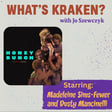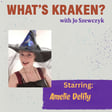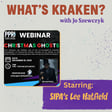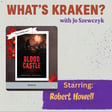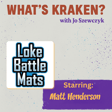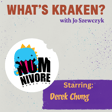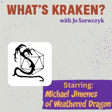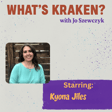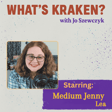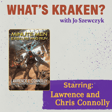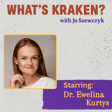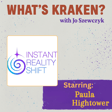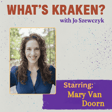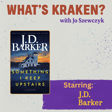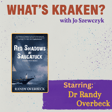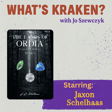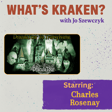
From Folklore to Fear: Justin Wood on Horror Writing, Podcasting & the Power of Storytelling
n this spine-tingling episode, Jo sits down with horror writer, podcaster, and screenwriter Justin Wood to explore the haunted roots of storytelling—from Southern Gothic folklore and ghostly childhood inspirations to self-publishing Needless Nightmares and crafting the screenplay Granny Willow. They discuss the evolution of writing style, the brutal honesty of editing, and how podcasting is all about the long game. Plus, Justin opens up about seasonal creativity, unexpected podcast hits (including a surprise 10K+ kid-friendly episode!), and the joy of doing it all just for the love of it.
Whether you're into folklore, horror, screenwriting, or just the art of showing up and doing the reps—this one's for you. Dive in!
🔗 Find everything we do right here: https://linktr.ee/Emptyhell
🛒 We're Amazon Affiliates: If we mention or link to Amazon, clicking and buying helps support the show—thank you!
Get a copy of Justin's book here.
